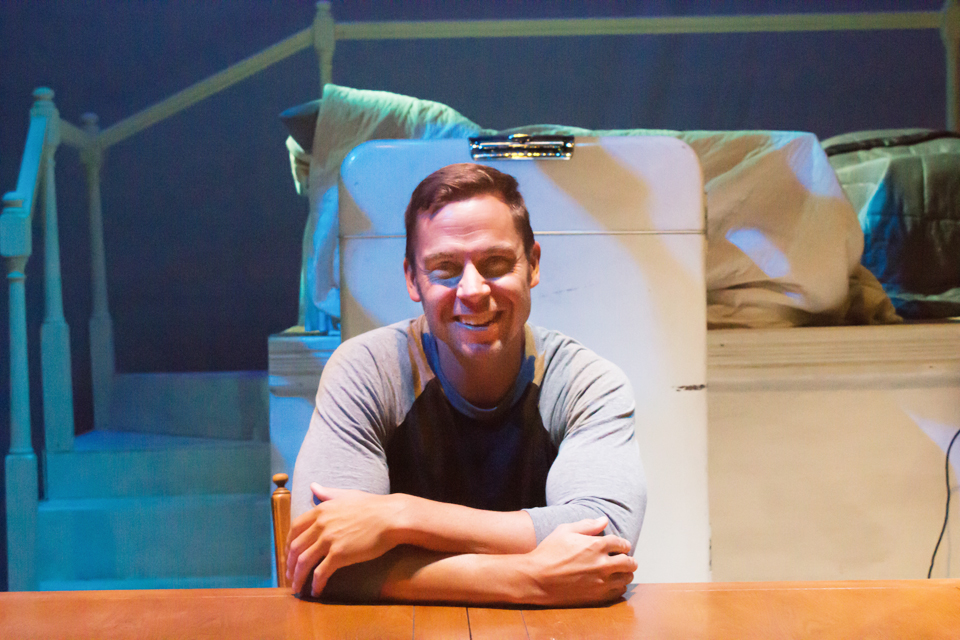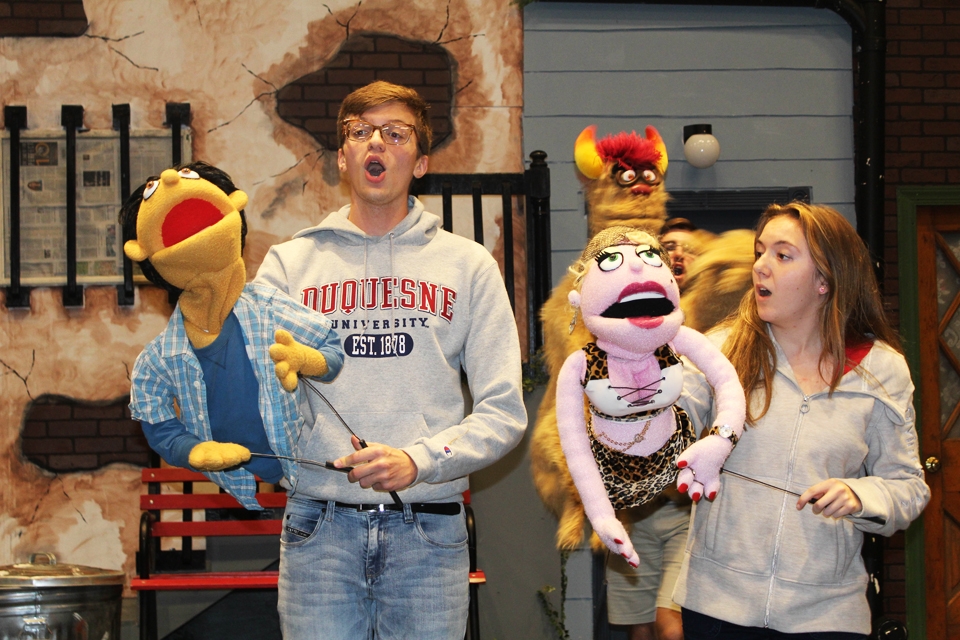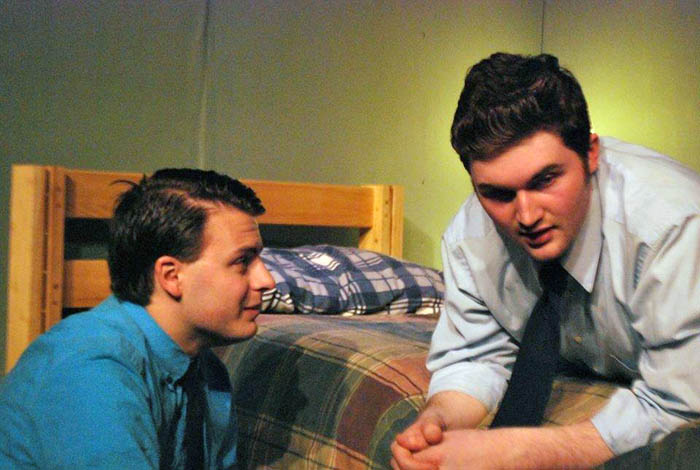Capri Scarcelli
a&e editor
9/3/2020
The first week of the semester is typically dedicated to sifting through syllabi; however, Duquesne’s Red Masquers held nothing back in terms of opening the curtain as soon as possible.
From Aug. 28-29, in just 24 hours, Red Masquers’ “Play in a Day” allowed students to write, direct and perform a show from scratch within that small window of time.
However, due to the rules and regulations of the pandemic, “Play in a Day” had some modifications to adhere to.
According to Justin Sines, technical director and graduate student in fine arts and media, the easiest way to compensate was to move their show to a streamable format, opting for short, comedic skits instead. Students were grouped together in Zoom breakout rooms, wherein they were given prompts to narrow down their scripts and use their creative liberty from there.
“We took what some would see as a disadvantage and used it to our benefit,” Sines said. “We tried to use things that were current and make light of them to help blow some steam off, subjects like working from home, Zoom meeting difficulty, and more … the performances were all up to the actors and the groups working together.”
These pre-recorded acts started their process at 6 p.m. on Thursday, where the students divied up and began to brainstorm. Rehearsal took place at 11 a.m. the next morning, and recordings were to be submitted by 6 p.m, with help from music technology and media students to edit as they saw fit.
The event was then live streamed via Zoom at 8 p.m. on Saturday, according to Red Masquers president Heather Umbel, a senior theater arts major.
“It was even more fun than in the past… although we make a much greater show when it’s not over Zoom, I feel like I really connected with the people in my group and there wasn’t that extra pressure on us… so I think from a social point within our organization it was incredibly eye-opening for me,” Umbel said.
Some challenges arose that the Red Masquers were not used to, but adapting virtually helped to build that sense of community, according to Umbel.
“It was very open-ended on the part that we wanted to give people the opportunity of creative freedom, but it made it more difficult to establish roles,” Umbel said. “There also wasn’t really a way to stage the play easily because you’re all just sitting in front of your webcams and you can’t really interact with each other, so that was a little interesting how we would interact while being in very different locations.”
Olivia Scherrer, secretary and junior early childhood education major, said that utilizing the different types of mediums to their advantage with the live readings, pre-recorded skits, and radio shows “gave a more diverse way of looking [at theatre].”
“Something that I learned was how to work with technology… you’re staring at the screen and that’s all you can get, there’s no left or right [audience] to look at, and it just gave me a new perspective on how I need to perform and emote, because when you’re on camera you see all of that whereas when you’re on stage you may not even know,” Scherrer said. “There are always going to be mishaps when you do a show, but luckily this time it was merely virtual.”
According to Sines, “Play in the Day” came to fruition in 2016. Being that there were students interested in doing a 24-hour playfest, Sines took it upon himself to travel to Chicago and participate in one of these festivals to see what it was like. From there, the format was brought to Red Masquers and they have been putting on the performances since.
“If there is ever something you’re interested in trying, we will try our best to make it happen; we enjoy the theater that you enjoy doing,” Sines said.
With the pandemic, Sines said that the experience was “all new” and “a trial and error,” though experimenting with it could allow for more virtual plays to premiere throughout the semester, making it more widespread to give back to the community.
“As of now, theatre and art in general is not readily available,” Sines said. “It’s really nice to have that outlet again, and we wanted as much participation as possible.”
According to Umbel, students can expect to see more short skits along Academic Walk called guerilla theater, which will give students both on-stage and off-stage opportunities to “learn something new.”
Sines agreed, saying that there will be more radio shows, skits, and “Play in a Day” events to come.
“It was just so nice to see so many people together at one time on a Zoom call seeing what we put together … the support that the university and Pittsburgh theatre community has given us really allow us to create this art together,” Sines said.
For those interested in joining, students can contact the Red Masquers at redmasquers@duq.edu or on Facebook and Twitter @redmasquers.



